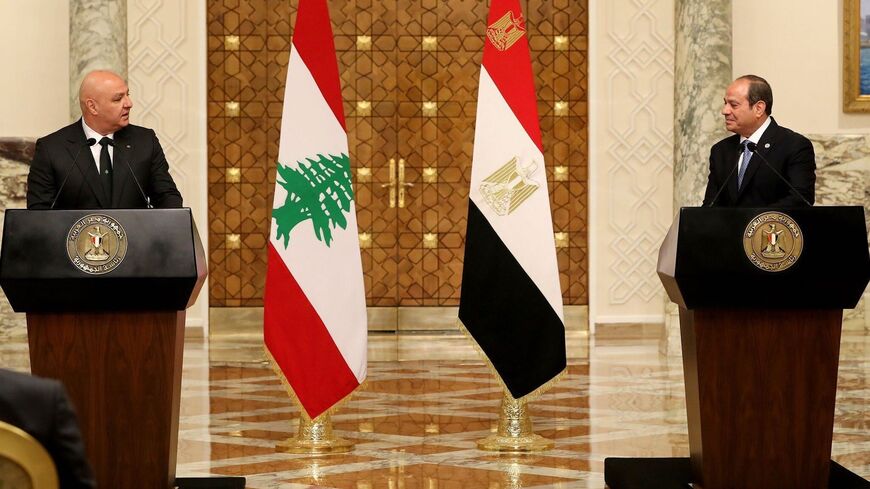As China and Egypt, now fellow BRICS members, prepare to celebrate 70 years of diplomatic relations in 2026, both countries are strengthening their economic and political cooperation through major agreements and joint development projects. With Egypt joining BRICS in 2024, analysts believe this milestone offers an opportunity to deepen ties, support South-South cooperation, and boost global development efforts under the Belt and Road Initiative (BRI).
Last week, both countries signed a series of bilateral agreements covering e-commerce, green energy, development aid, finance, and public health. These agreements are seen as steps toward Egypt’s goal of becoming a regional hub for logistics and energy, and China’s aim to expand influence through strategic economic partnerships across the Global South.
One of the key developments was a memorandum of understanding (MoU) signed between the People’s Bank of China (PBOC) and the Central Bank of Egypt to improve financial cooperation. This agreement will promote local currency settlement, digital currency collaboration, and innovation in financial technologies, helping businesses in both countries conduct smoother and more affordable cross-border transactions.
Pan Gongsheng, Governor of PBOC, said the cooperation will support businesses in trade and investment by offering faster and more efficient financial services. The move could also reduce dependence on foreign currencies like the dollar, which often expose emerging markets to currency volatility.
Diaa Helmy, Secretary-General of the Egyptian-Chinese Chamber of Commerce, described the financial agreement as a game-changer. He said local currency trade would improve trade balance, reduce transaction risks, and enhance economic trust between the two countries. “It’s time to swap debt for development,” he noted, adding that China sees Egypt as a dependable partner.
China and Egypt have enjoyed a comprehensive strategic partnership since 2014, with cooperation spanning politics, trade, infrastructure, education, health, and technology. Major BRI projects like the Central Business District in Egypt’s New Administrative Capital and the China-Egypt TEDA Suez Economic and Trade Cooperation Zone are examples of the growing relationship.
The TEDA zone now hosts over 185 companies and has become a model for industrial cooperation in North Africa. China has also played a big role in renewable energy projects, such as the Benban Solar Park in Aswan, one of the largest solar farms in the world. Chinese firms are also active in road construction, port upgrades, rail networks, and manufacturing plants across Egypt.
Prof. Salah El-Din Fahmy, an economist at Al-Azhar University, believes Egypt can learn from China’s experience in moving from traditional industries to high-tech development. He said Egypt needs not only Chinese investment but also technical expertise and industrial knowledge to drive its Vision 2030 development agenda.
Beyond economics, the partnership is also becoming more politically strategic. China has publicly supported Egypt and Arab countries on key issues like the Palestinian cause, while Egypt backs China’s One-China policy and claims in maritime sovereignty. According to Helmy, this alignment shows that China and Egypt are building a unified voice for the Global South.
Experts believe that strong coordination between Egypt and China is necessary to confront global challenges such as climate change, maritime trade disruptions, supply chain risks, and geopolitical instability. The collaboration is not just about projects, but also about shaping a multipolar world order that values the role of emerging economies.
Egypt’s strategic location at the crossroads of Asia, Africa, and Europe gives it a unique advantage as a gateway for global trade and investment, which is crucial for the BRI’s long-term goals. Prof. Fahmy said this positioning makes Egypt a key player in China’s efforts to build sustainable development pathways for countries across the South.
As both countries head towards the 70th anniversary of their diplomatic ties, their partnership is expected to enter a new qualitative phase—one defined by shared infrastructure, mutual respect, and growing influence on global development policy.
Analysts say the China-Egypt relationship is becoming a model for how BRICS alliances can strengthen South-South partnerships, promote economic self-reliance, and reshape global cooperation frameworks to be more inclusive of developing nations.
